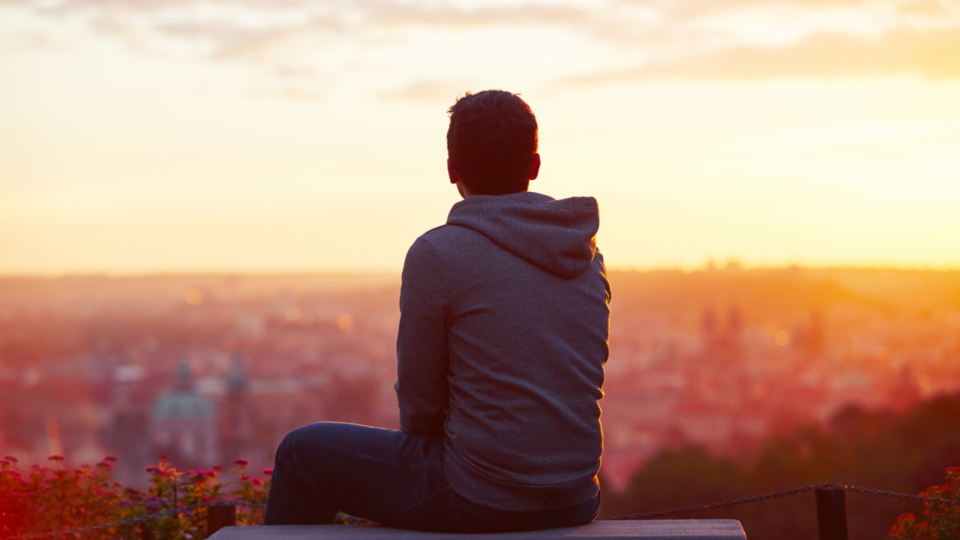The world is obsessed with productivity; rest has somehow become a guilty pleasure. “Do more, be more, achieve more”. These are the mantras we scroll past every morning. But what if taking a break is the smartest thing you can do?
Sounds lazy? Think again. In a hyperactive city like Delhi, where deadlines race faster than metro trains and your brain’s busier than Connaught Place on a Sunday, taking quiet time may be the best thing for your health.
The science behind slowing down
Let’s get one thing straight, resting does not mean doing nothing. It means choosing to slow down on purpose. When you choose to pause, when you stop scrolling, stop multitasking, and even stop trying to improve yourself, you are telling your nervous system, “Hey, it is safe to relax.”
Science backs this up. Rest can:
- Lower cortisol (your stress hormone).
- Improve creativity and decision-making.
- Boost immunity.
- Reduce mental fatigue.
It’s not just good for your brain. It is good for your body, your relationships, and your long-term health. Rest is how your body and mind recharge.
In other words, that 10-minute tea break staring out the window? That’s not wasted time. That’s recovery in action.
Yogis knew it before it was cool
Long before burnout became a buzzword, yoga offered a structured way to rest. Not just through movement, but through stillness. Shavasana, the final pose in most yoga sessions literally asks you to lie down and do nothing. But for many people, it is surprisingly not easy to do.
Sitting still shows us what we usually ignore; silence, boredom, or just being with ourselves. But when you sit with that discomfort, something starts to change for the better.
And here’s the best part. You do not need to go anywhere fancy to feel calm.Even a short session of Yoga in Delhi, followed by mindful rest, can anchor your day with calm. Whether it is in a public park, your drawing room, or a rooftop under the winter sun, stillness is always available.
Rest isn’t one-size-fits-all
Doing nothing doesn’t have to look like lying on a couch in dead silence (although that’s pretty great too). It can be:
- Sitting on your balcony watching the sky change color.
- Taking a detour through Lodhi Garden without your phone.
- Saying no to plans just because you feel like it.
- Sitting in vajrasana after a home yoga session, eyes closed, breathing.
Rest is personal. It’s anything that helps you slow down when life feels too fast. and reconnects you to yourself.
And yes, it counts even if it’s just five quiet minutes between meetings or a moment of stillness before dinner.
Real-life examples (aka the best proof)
- Meera, a marketing manager in South Delhi, started scheduling no-screen Sundays. She says doing nothing for even 2 hours changed her Monday mood entirely.
- Amit, a freelance writer in Saket, pairs 15 minutes of restorative yoga with chai in silence. No music, no scrolling. He swears it is more energizing than a nap.
- Neha, a college student, found a group offering free yoga classes near her campus. The slow, restorative postures helped her navigate anxiety better than any productivity hack ever did.
Sometimes, “nothing” ends up being everything.
What yoga teaches us about non-doing
In yogic philosophy, pratyahara is the practice of withdrawing the senses and turning inward. It is one of the most powerful forms of rest, not because it helps you escape the world, but because it helps you return to yourself. Just a few minutes of silence after practicing yoga in Delhi, especially when the noise of the city feels overwhelming, can calm your nervous system and bring a surprising sense of clarity.
You do not need a fancy setup or paid subscription to experience this. Across the city, many communities are offering Free Yoga Classes, whether in green public spaces or through accessible online sessions. These are not just about movement or flexibility. They are quiet reminders to pause, breathe, and reconnect with your rhythm, even in the middle of a busy day.
A few gentle reminders
- Rest is not earned. You don’t need to exhaust yourself to deserve it.
- Busyness is not a badge of honor.
- You can pause without losing momentum. Often, it’s the pause that creates momentum.
If your brain needs a reason, here’s one: Intentional rest improves focus, energy, and mental clarity. But honestly? You don’t need a reason. Wanting rest is enough.
Final thought
The next time someone asks what you are doing and you say, “Kuch nahi,” say it with pride. In a world that never stops chasing more, choosing to do nothing is not a sign of laziness. It is a quiet act of strength and self-awareness.
Chalo, kuch nahi karte. And let that be your most powerful wellness practice yet.

